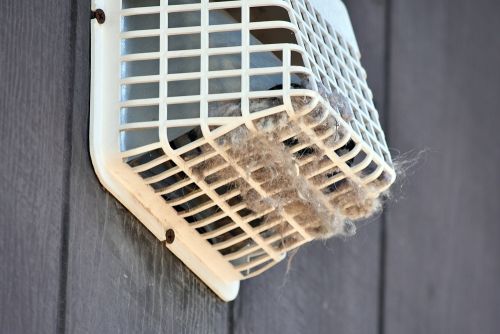How to Clean and Maintain Your Electric Kettle

Electric kettles are indispensable in many households, providing a quick and efficient way to boil water for tea, coffee, or cooking. However, like all appliances, they require regular cleaning and maintenance to function optimally and have a long lifespan. In this article, we will delve into the best practices for keeping your electric kettle in top shape, ensuring it remains a reliable part of your kitchen for years to come.
Electric kettles can accumulate limescale and mineral deposits over time, especially in areas with hard water. These deposits can affect the taste of your water, reduce the kettle’s efficiency, and eventually lead to damage. Regular cleaning helps prevent these issues, ensuring your kettle heats water quickly and maintains the quality of your beverages.
Step-by-Step Guide to Cleaning Your Electric Kettle
1. Descaling the Kettle
Materials Needed: White vinegar or lemon juice, water, a soft cloth or sponge.
Method:
Fill the kettle halfway with equal parts water and white vinegar or lemon juice.
Boil the mixture and then let it sit for about 30 minutes to an hour.
After soaking, pour out the solution and rinse the kettle thoroughly with fresh water.
Boil a full kettle of fresh water to remove any residual vinegar or lemon taste. Discard this water.
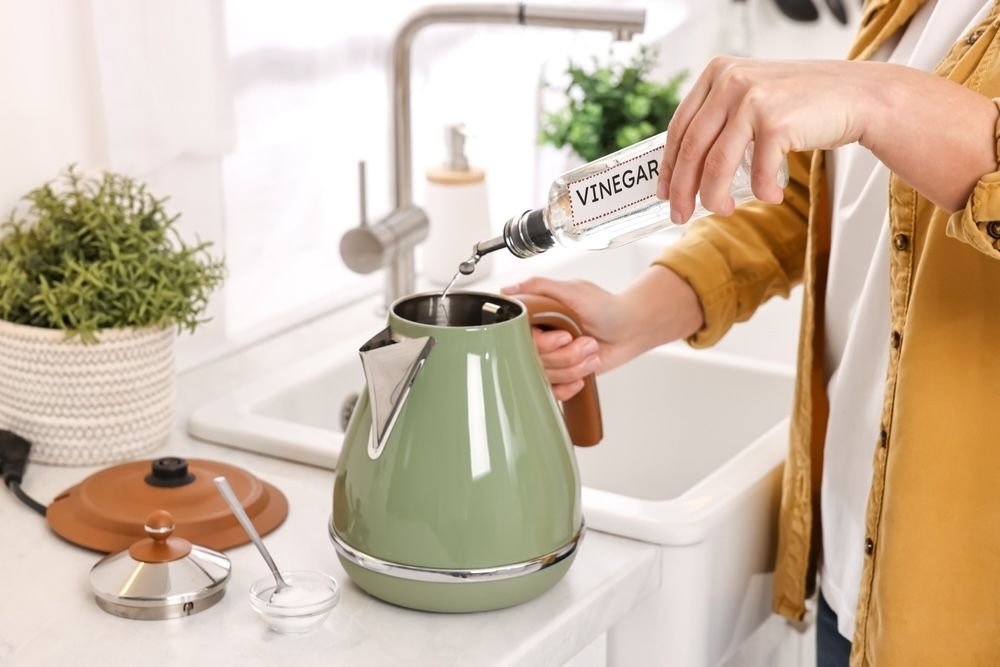
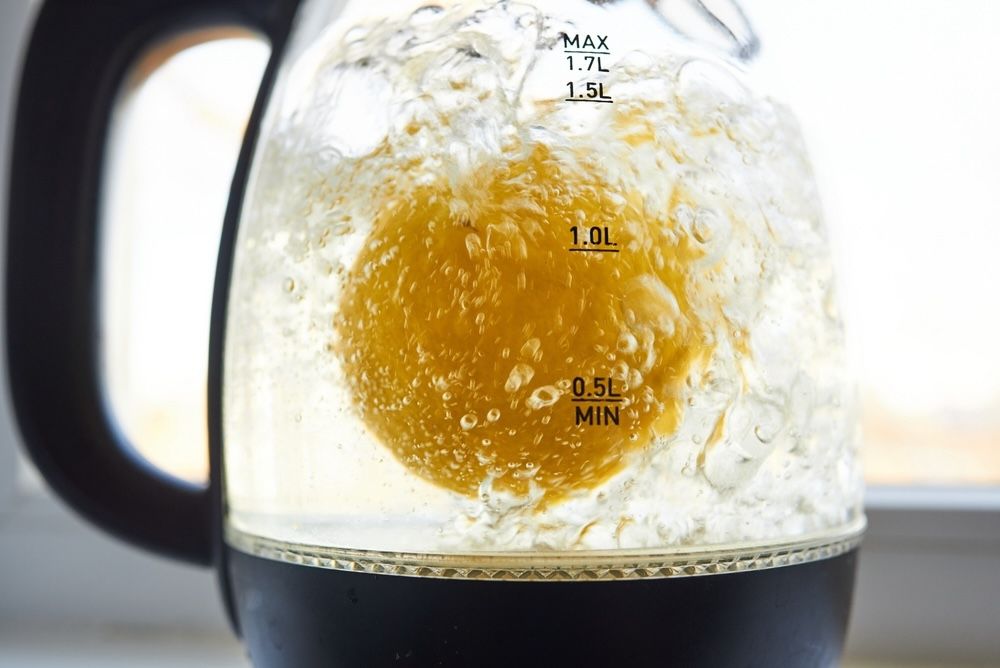
2. Removing Stubborn Stains and Deposits
Materials Needed: Baking soda, water, a soft cloth or sponge.
Method:
Make a paste using baking soda and a small amount of water.
Apply the paste to any stubborn stains or deposits inside the kettle.
Gently scrub with a soft cloth or sponge.
Rinse the kettle thoroughly with fresh water.
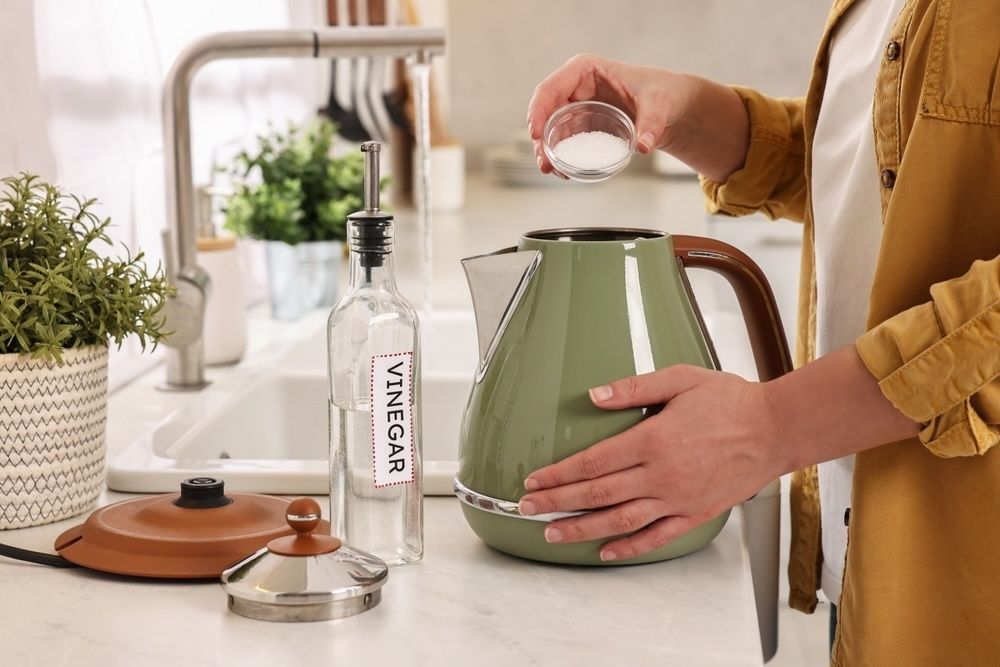
3. Cleaning the Exterior
Materials Needed: Mild dish soap, water, a soft cloth.
Method:
Dampen a cloth with a mixture of mild dish soap and water.
Wipe down the exterior of the kettle to remove any dirt or fingerprints.
Use a clean, damp cloth to remove any soap residue.
Dry the kettle with a soft towel.
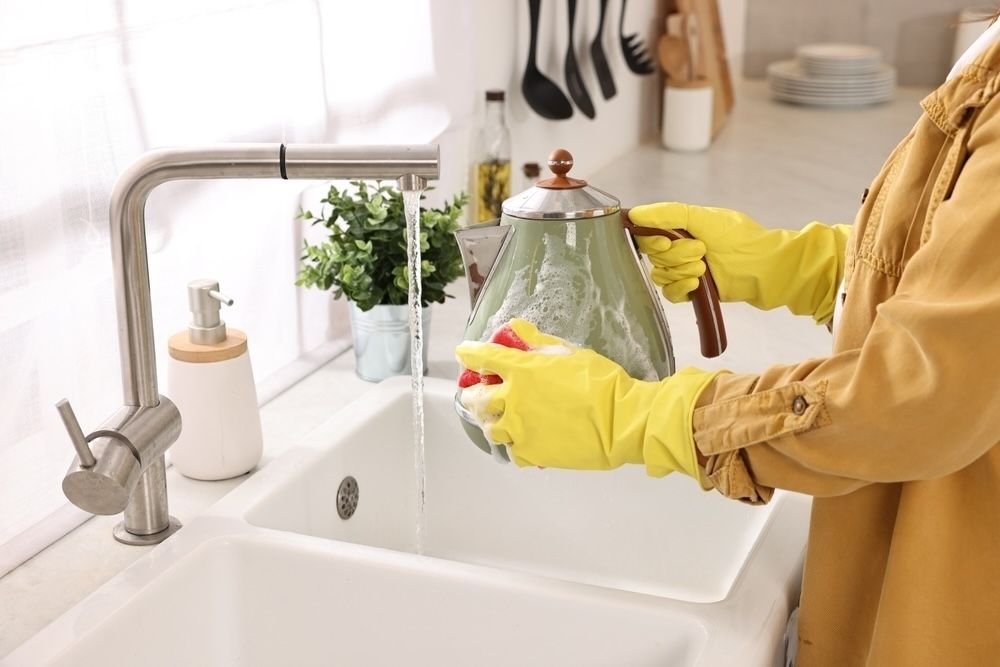
Maintenance Tips for Your Electric Kettle
1. Regular Descaling: Descale your kettle at least once a month if you use it frequently, or more often if you live in an area with hard water.
2. Avoid Overfilling: Overfilling the kettle can cause water to spill out, which might damage the heating element. Always follow the manufacturer's guidelines for maximum fill levels.
3. Use Filtered Water: Using filtered water can reduce the buildup of mineral deposits, extending the time between necessary cleanings.
4. Unplug When Not in Use: Always unplug the kettle when it's not in use to avoid electrical hazards and prolong the life of the appliance.
5. Check the Cord and Plug: Regularly inspect the power cord and plug for any signs of damage. If you notice any issues, have them repaired or replaced immediately to avoid electrical hazards.
6. Store Properly: When not in use, store your kettle in a dry place to prevent moisture buildup and potential mold growth.
Endnotes
By incorporating these cleaning and maintenance tips into your routine, you can ensure that your electric kettle remains efficient, safe, and long-lasting. Regular care not only preserves the functionality of the appliance but also enhances the quality of the water you use daily. Take the time to care for your electric kettle, and it will continue to serve you well for many years.
Feel free to leave comments or share your tips and experiences with maintaining your electric kettle. Your feedback helps us provide more valuable content to our readers!
Topics
Check more articles on our blog

How to Clean and Maintain Your Air Purifier for Optimal Performance

Fridge Cleaning Comprehensive Guide for An Odorless and Sparkling Freezer
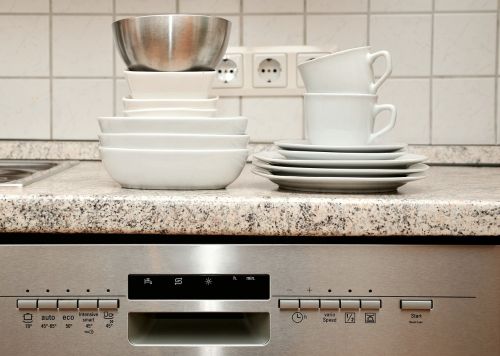
Save Cookware - 7 Things You Should Never Put in a Dishwasher
